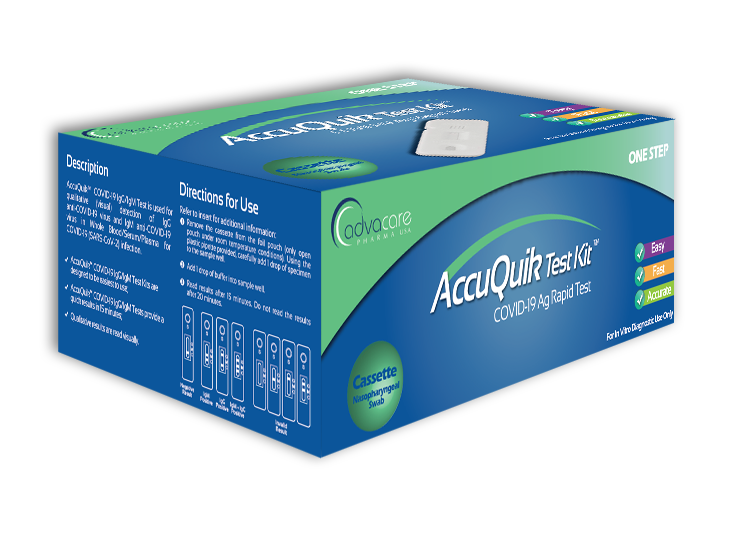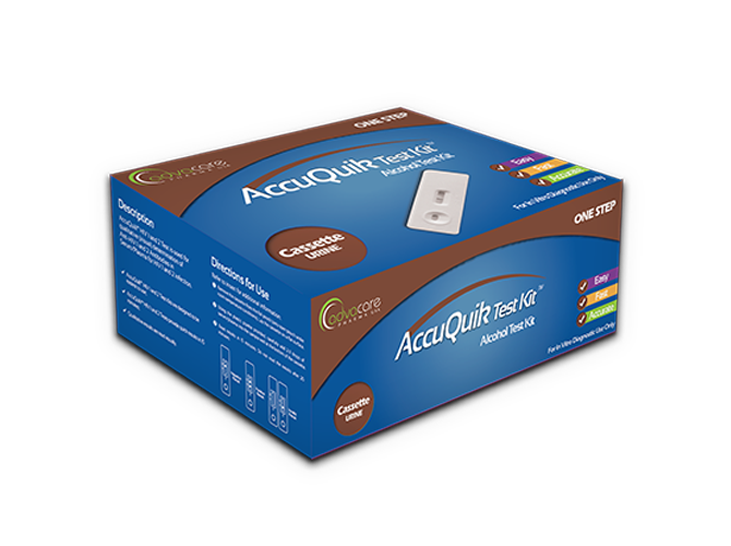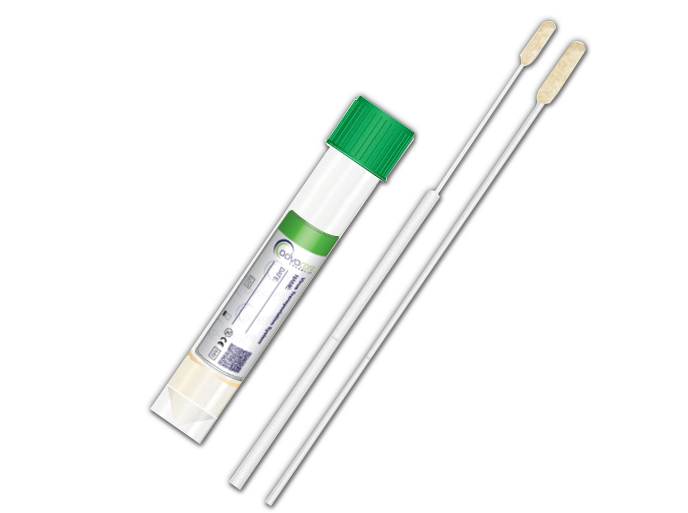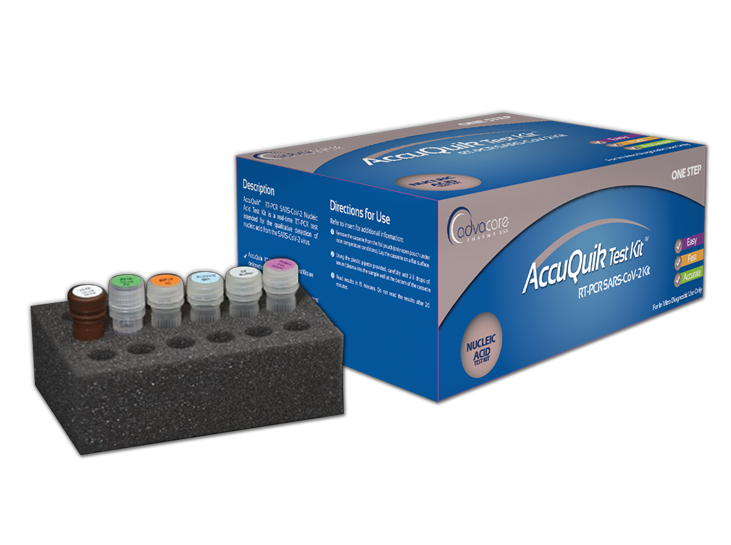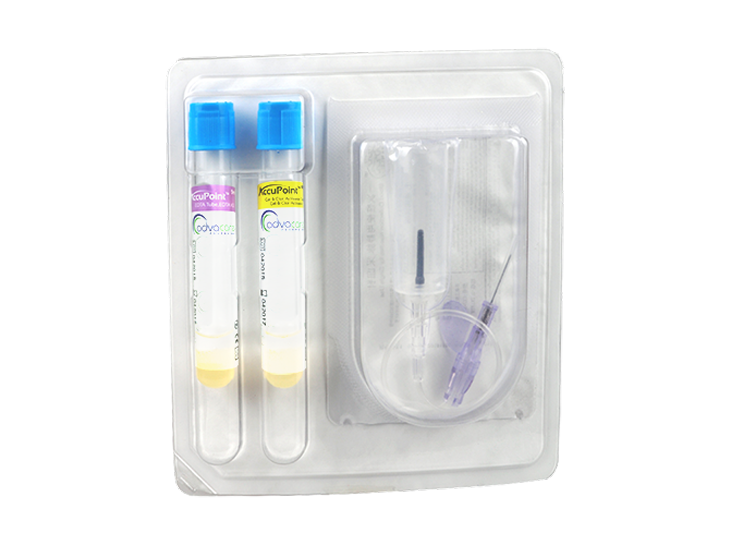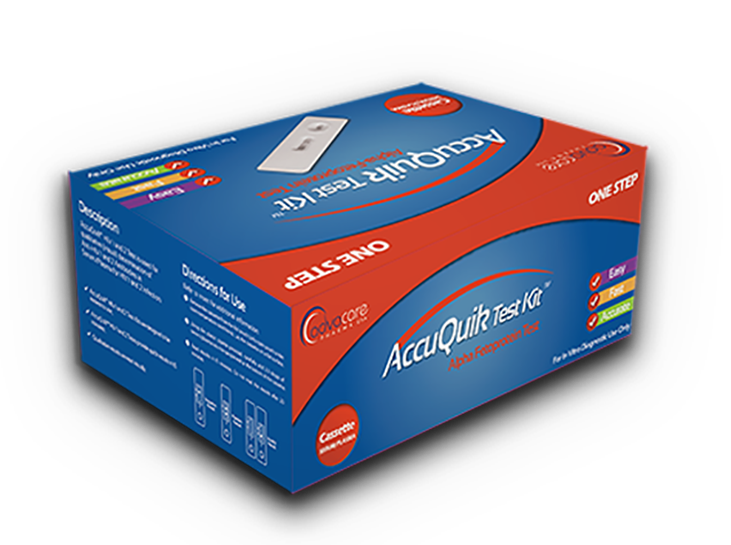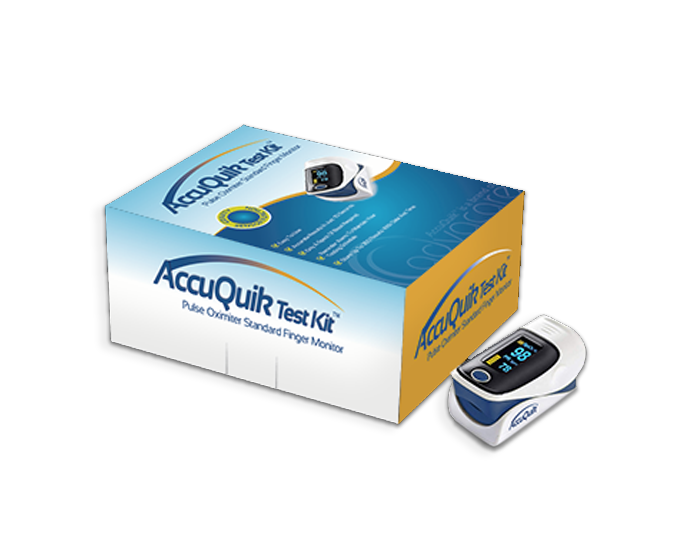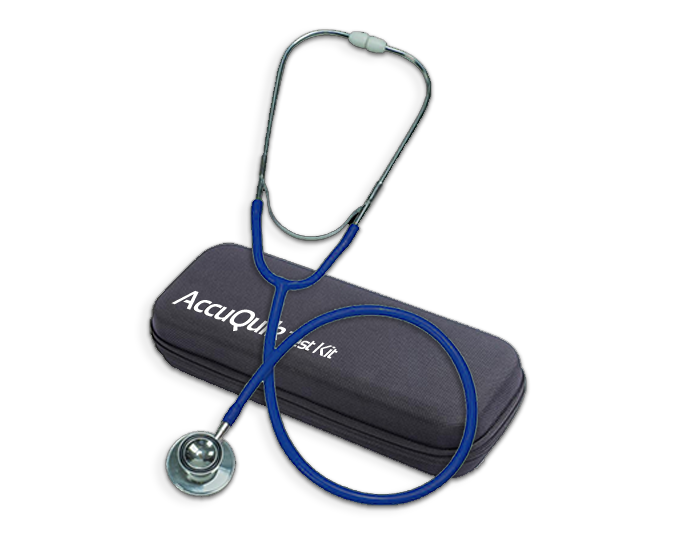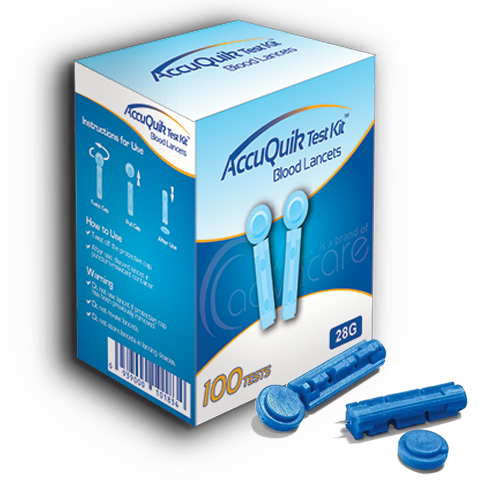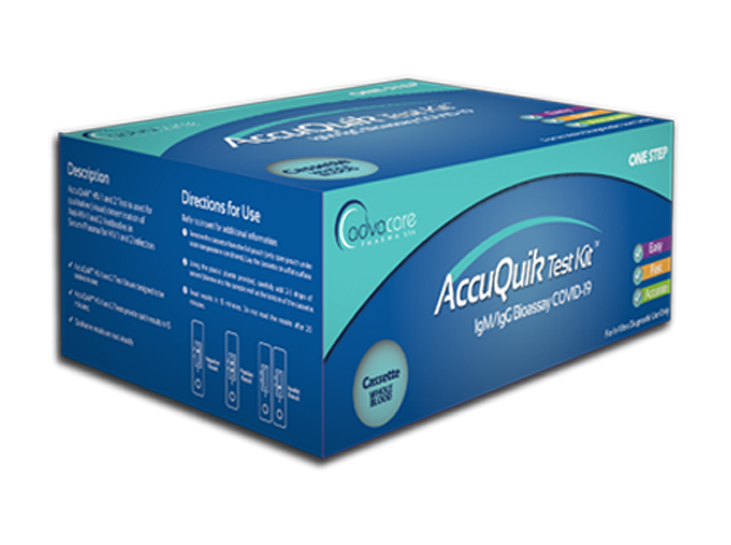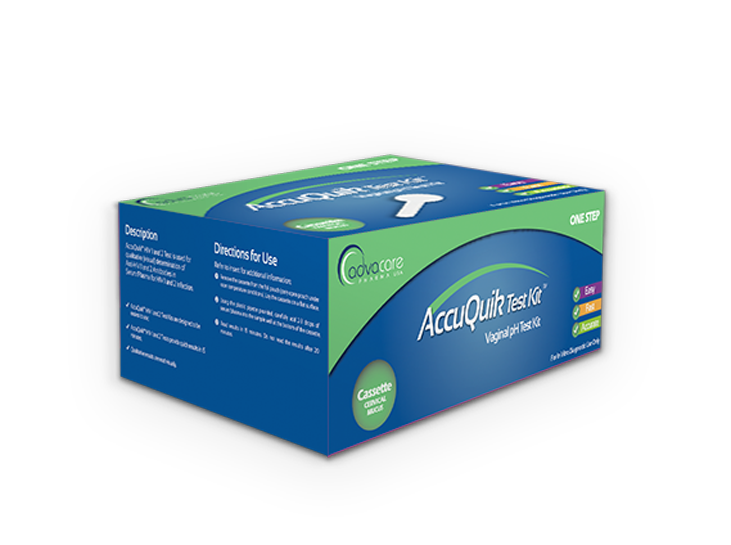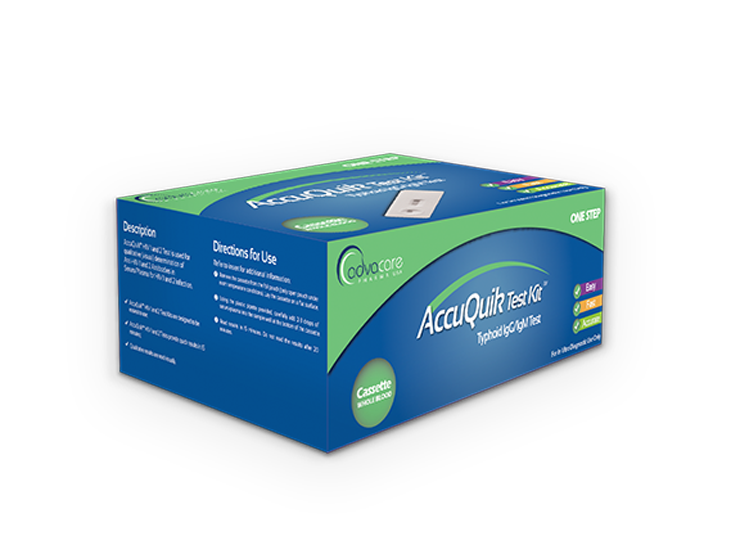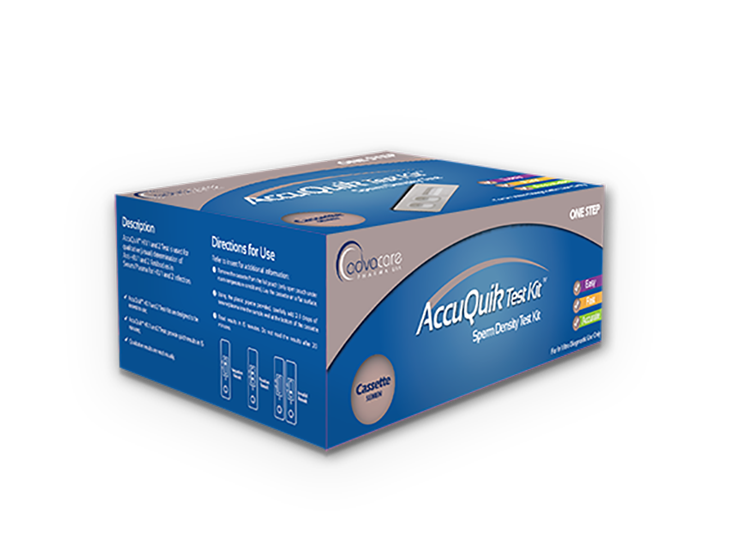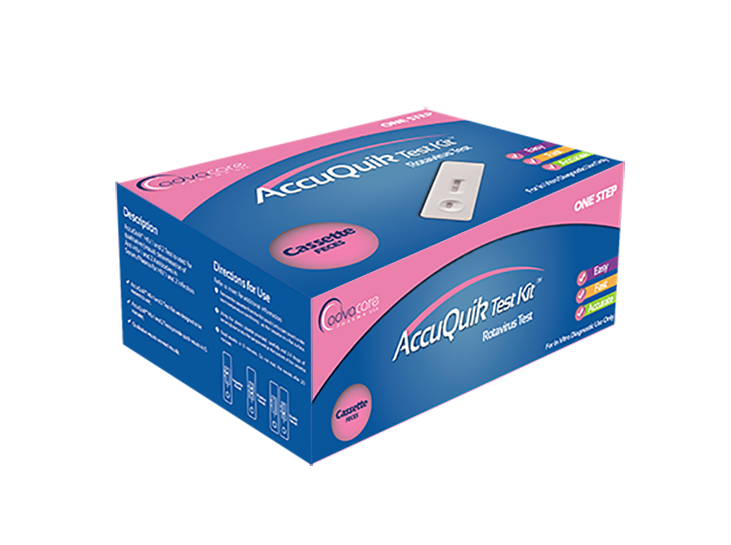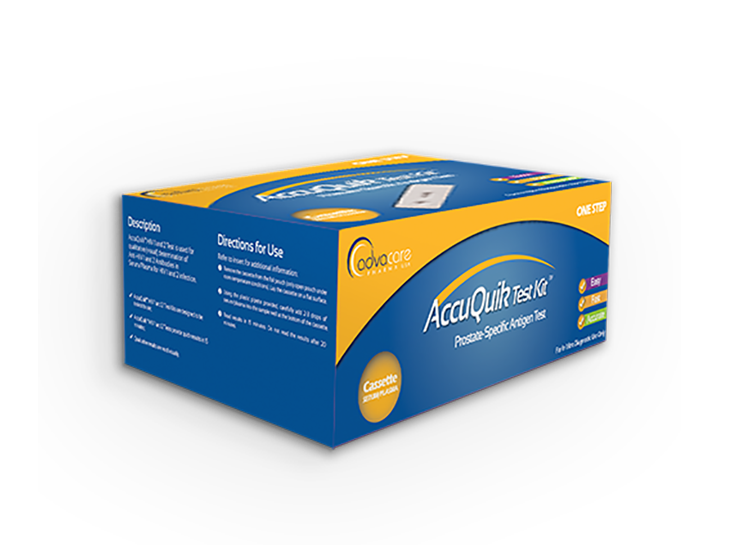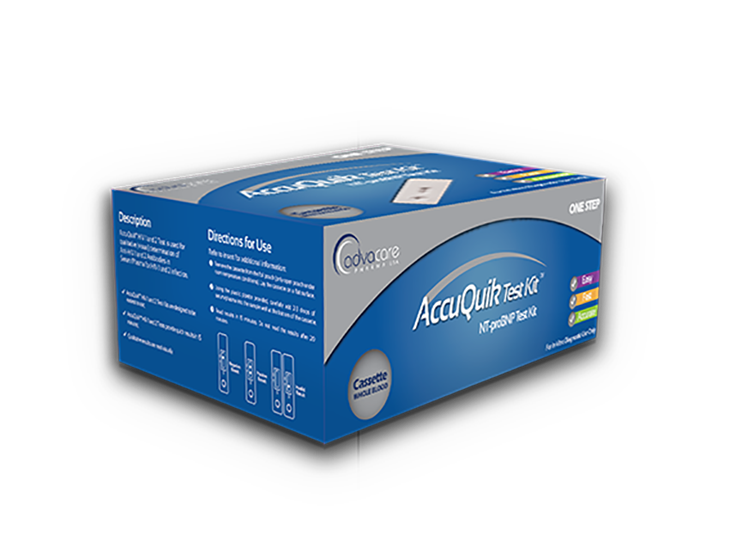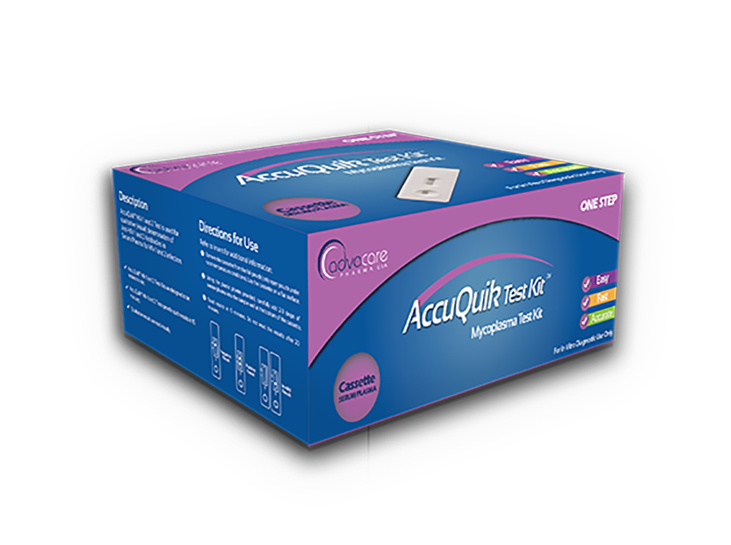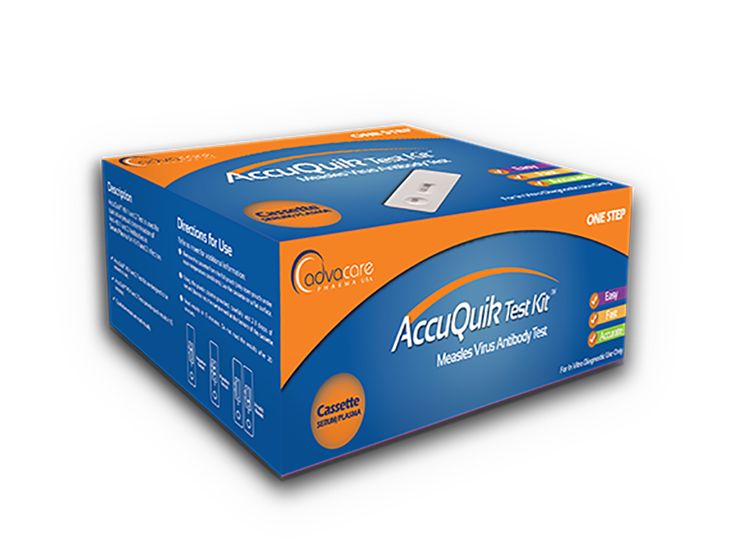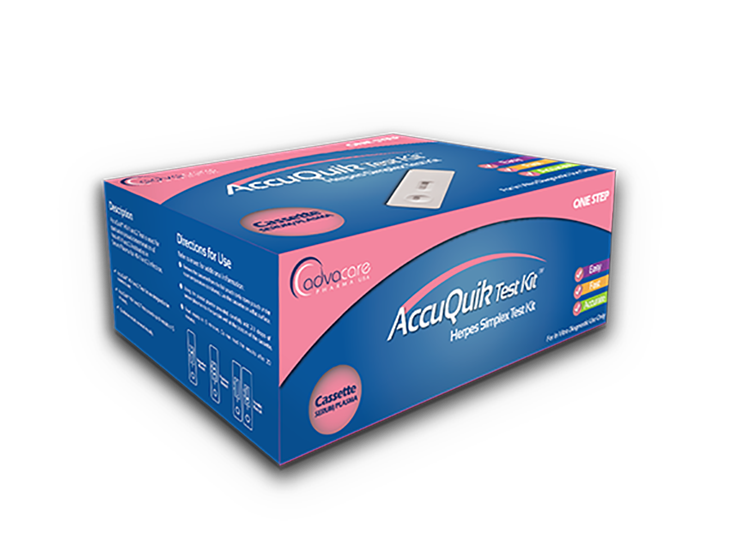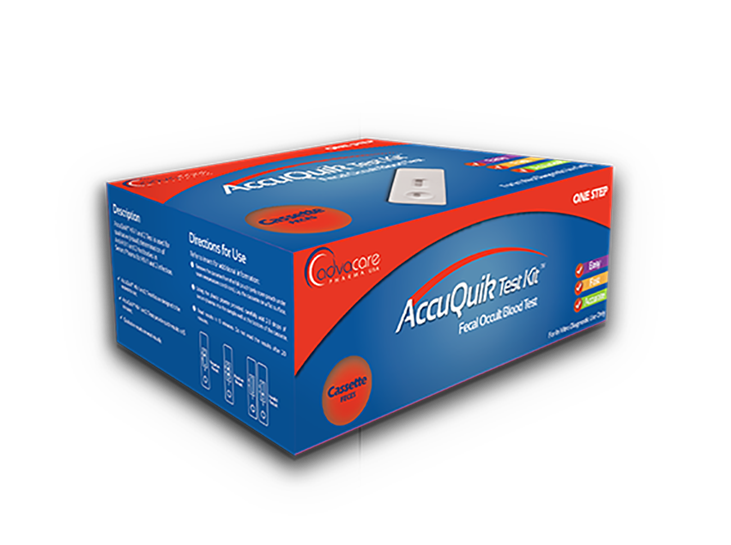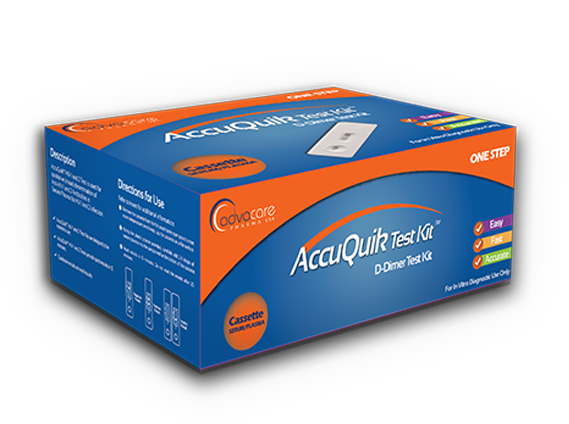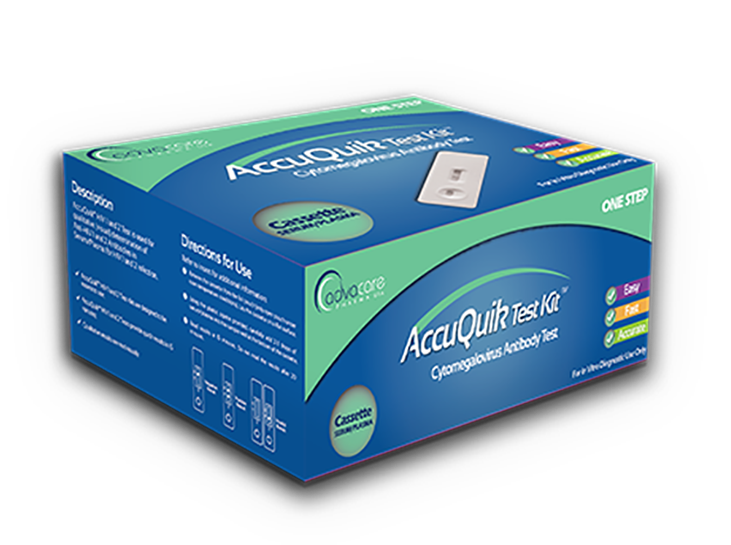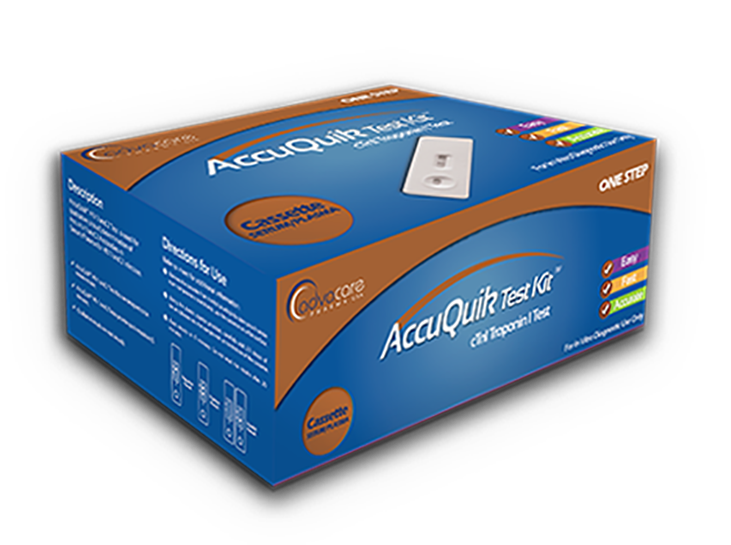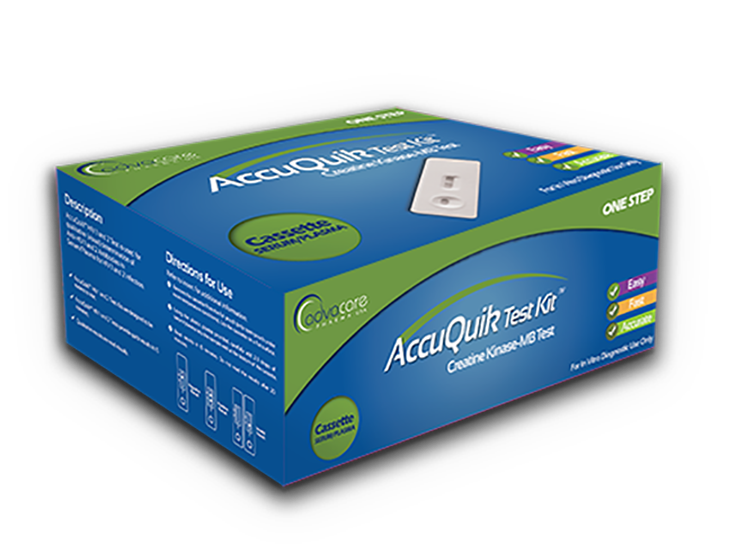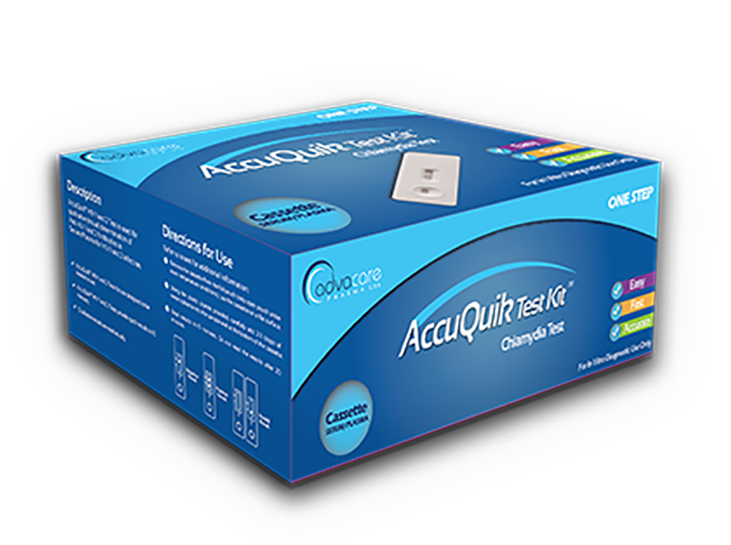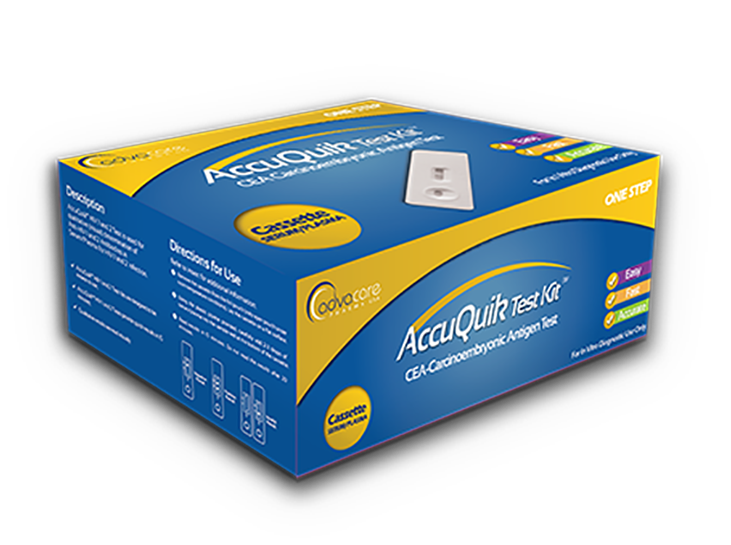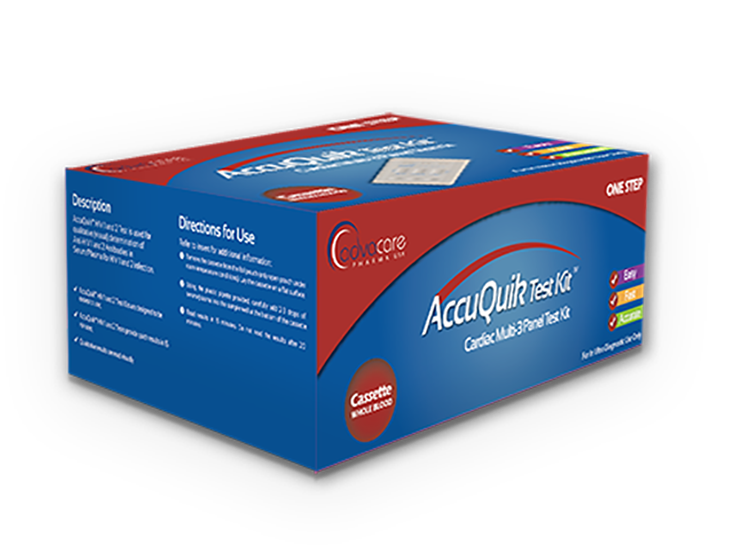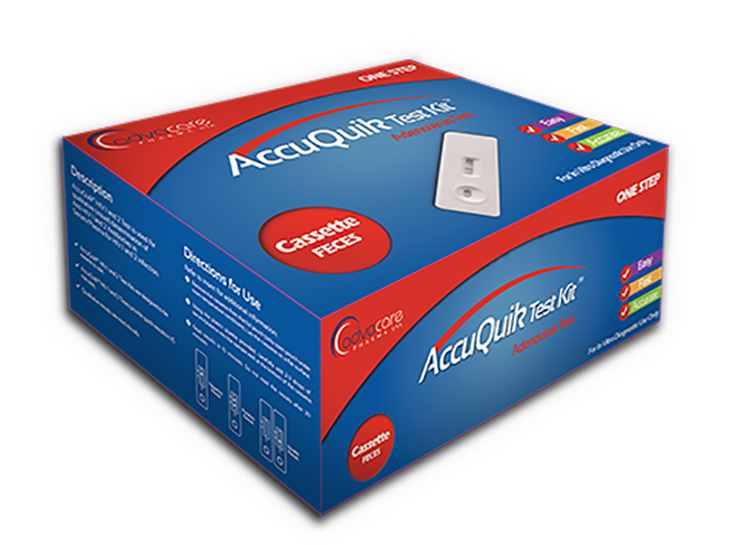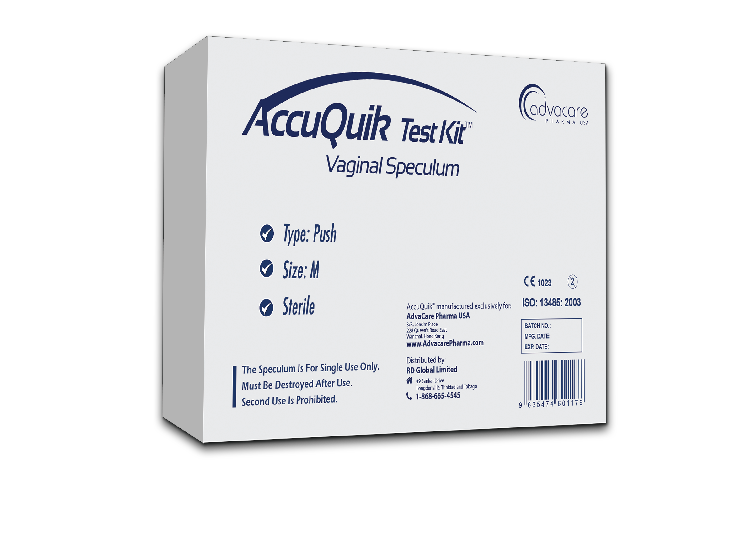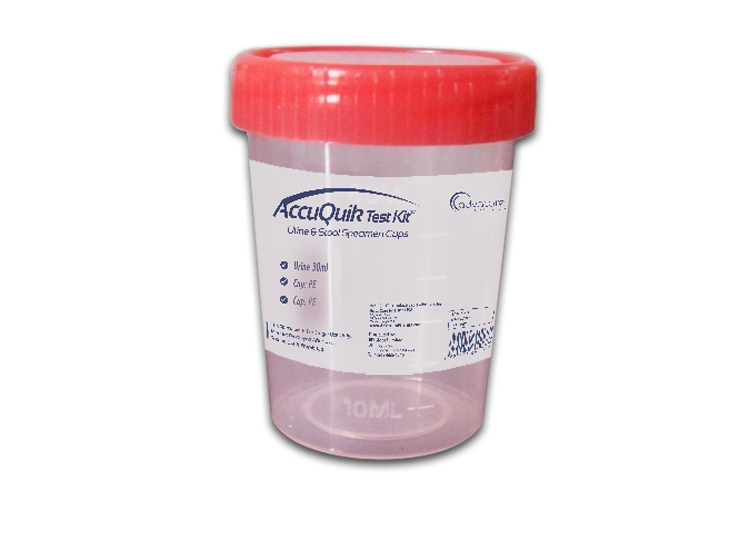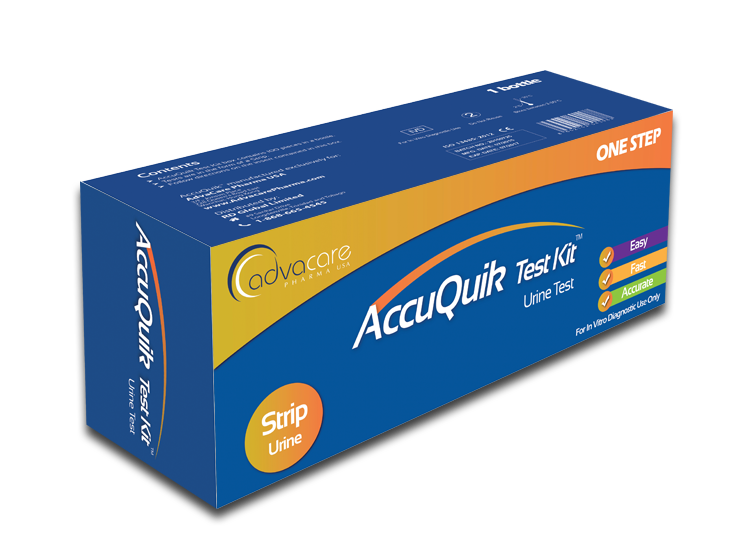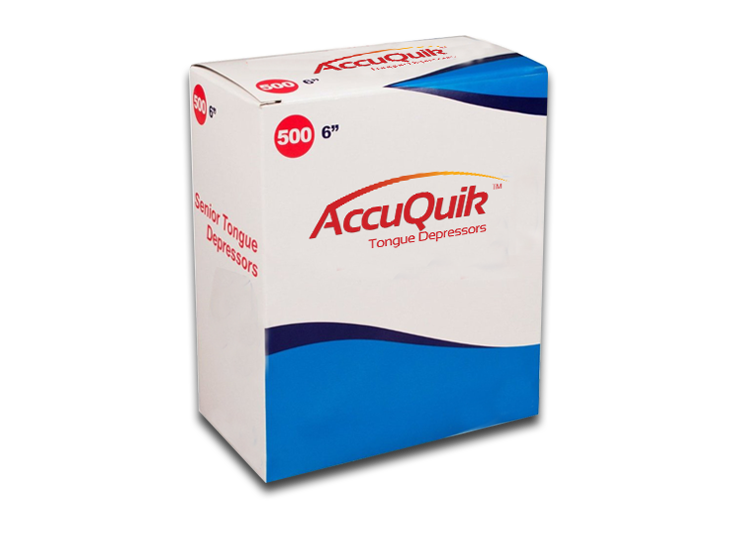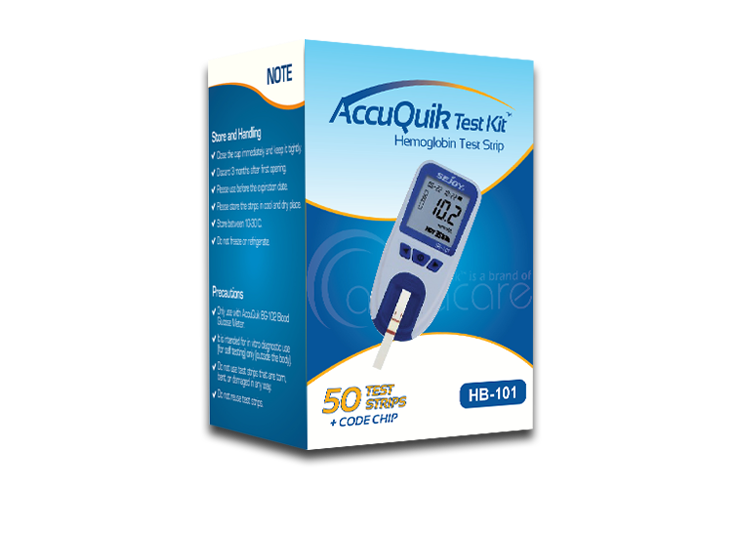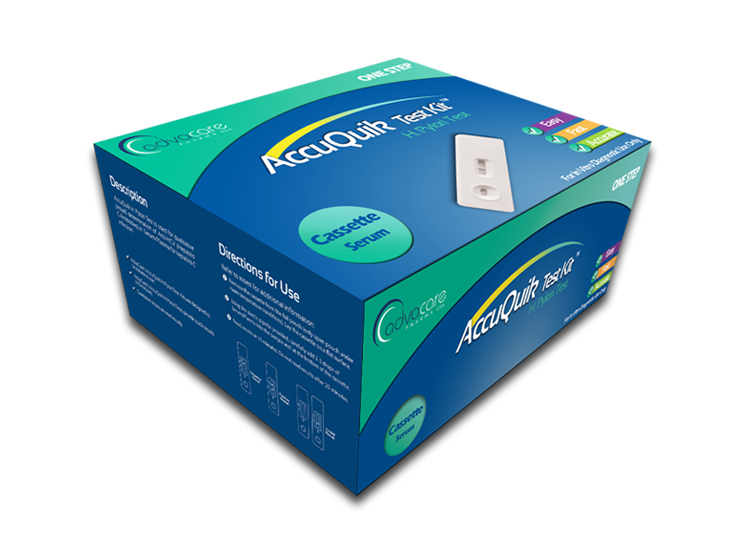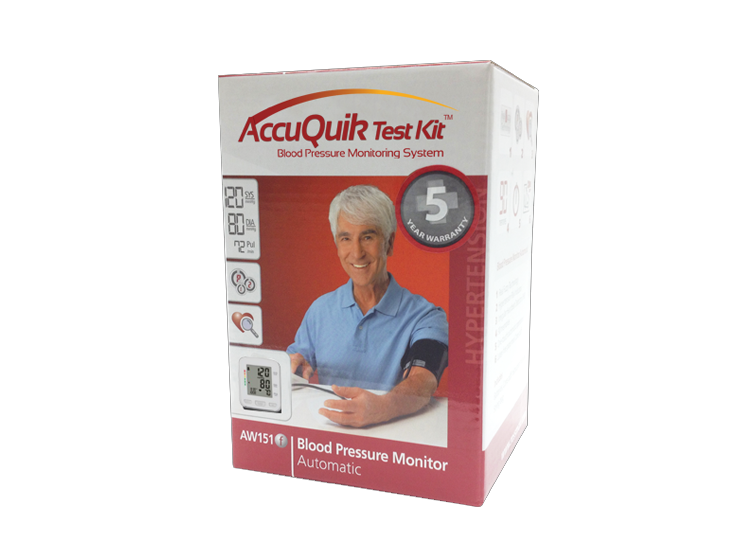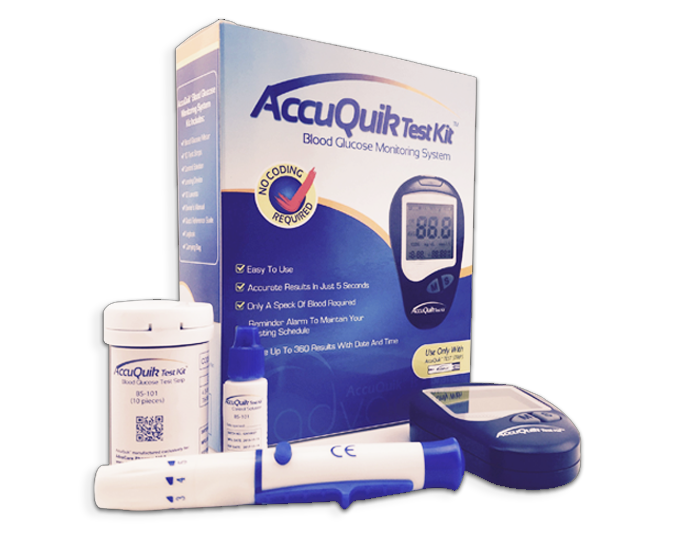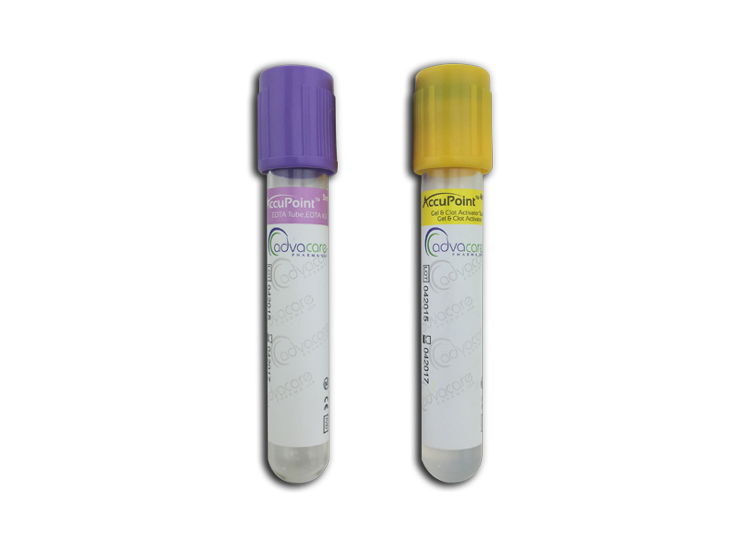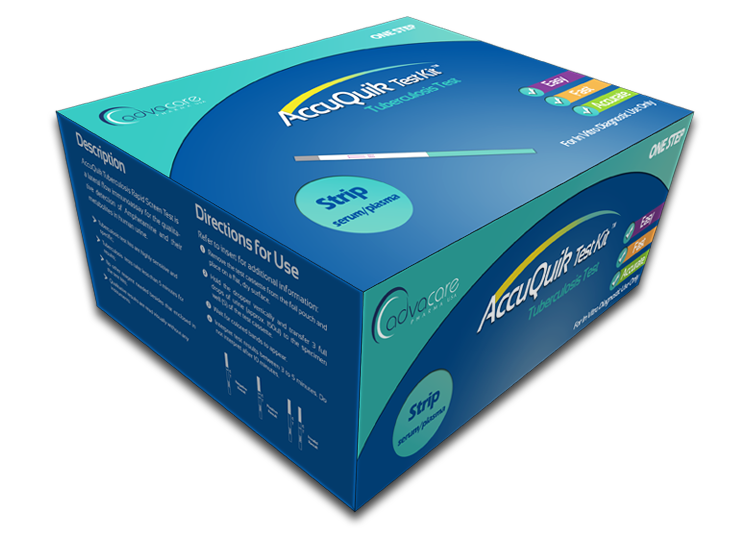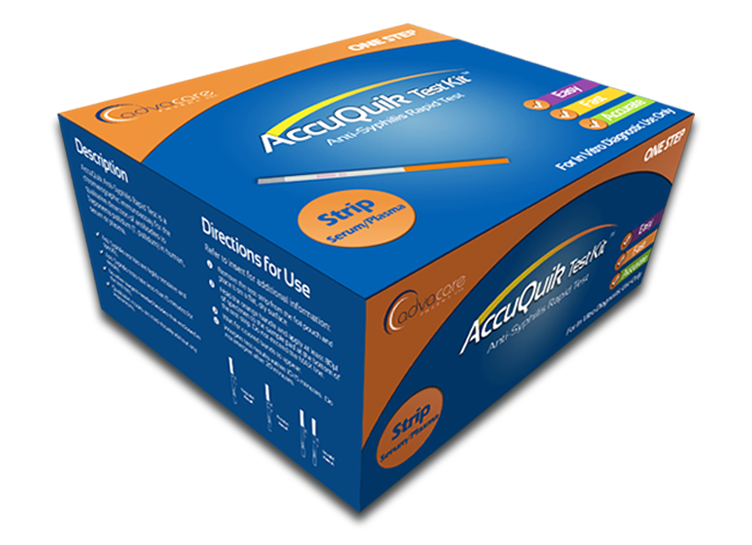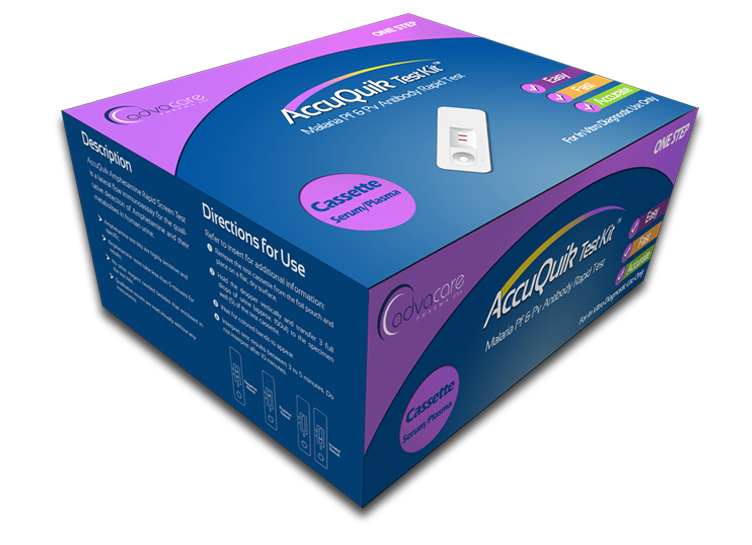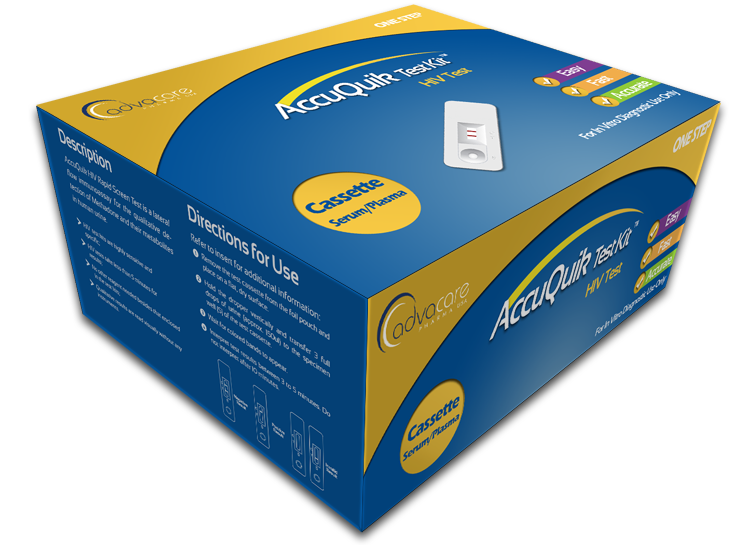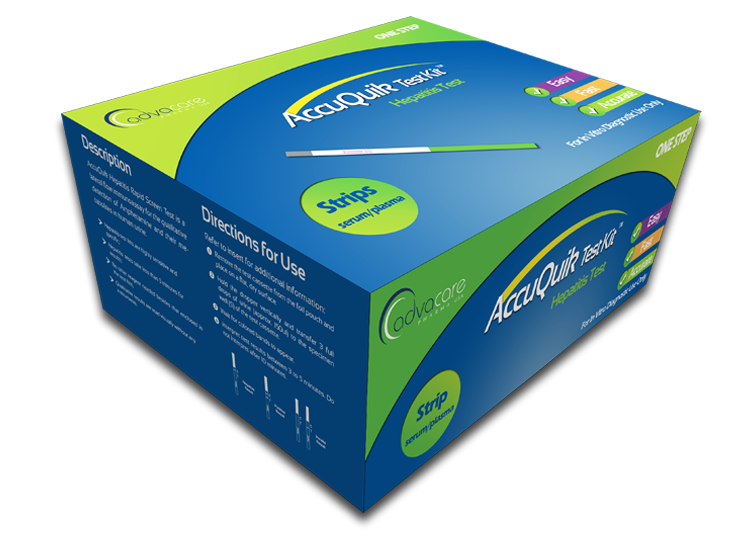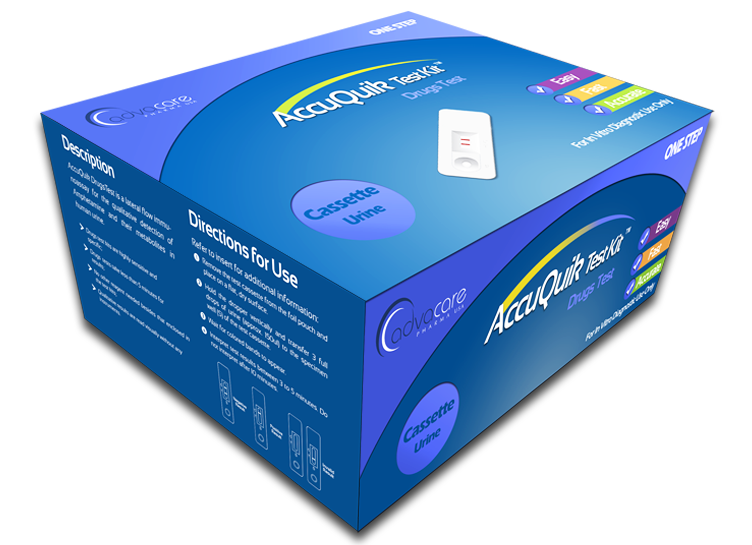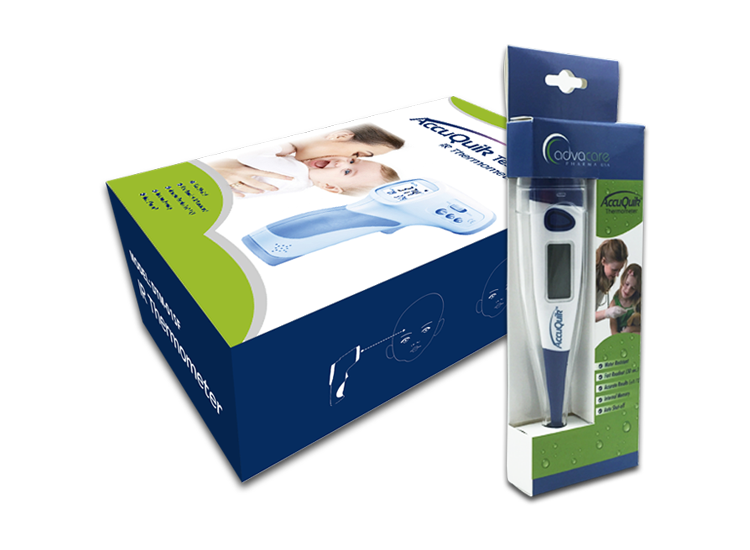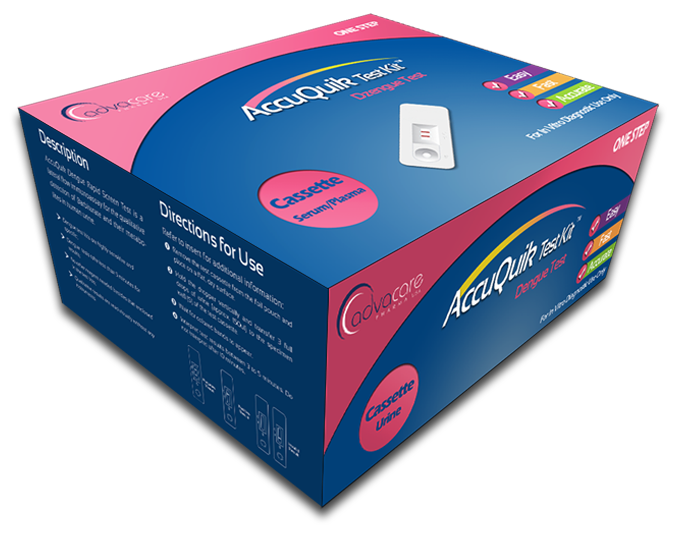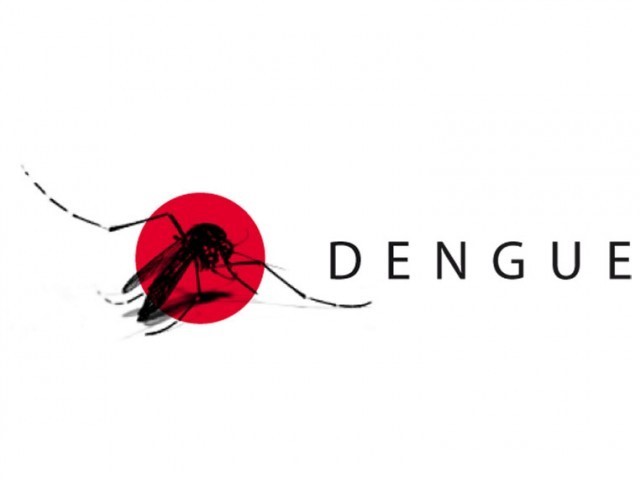
In the News
“Breakbone fever” Dengue Fever
Approximately 390 million cases and anywhere between 10 to 20 thousand deaths occur from the dengue fever per year. The widespread of the dengue virus has intensely developed in the last ten to fifteen years resulting in almost half of the world’s population being at risk. This epidemic originated in tropical areas but has been recently traveling across Europe and America.
Dengue is a disease transmitted by a mosquito bite with symptoms beginning 3 to 14 days after infection. They include high fever, vomiting, headache, muscle, and joint pains, and various skin rashes. A small percentage of people can develop a life-threatening stage called dengue hemorrhagic fever. The symptoms of this would include abdominal pain, frequent vomiting, and low levels of blood platelets; some might go into dengue shock syndrome where their blood pressure becomes dangerously low. The dengue fever has three phases; febrile, critical, and recovery. The diagnosis of dengue fever is based on related symptoms, physical examinations, and various test kits.
This disease has been called “breakbone fever” as it causes severe joint and muscle pain, and also dehydration. Another symptom of “beakbone fever” is hemoconcentration; this means that there is a decrease in plasma volume, consequently an increase in the concentration of red blood cells. This can cause bleeding; usually from the nose or gums. There has been no precise cure for dengue fever; we can only try to manage the side effects that occur; treatment has been pain-relievers (Acetaminophen) and fluids (IV). The use of anti-inflammatory drugs and corticosteroids should be avoided. A vaccine called Dengvaxia has been discovered by Sanofi Pasteur and is waiting for approval by the WHO, but is already being administrated in high-risk areas. “Dengvaxia” is a combination of a diluted version of the yellow fever virus and four serotypes of the dengue disease. It has been proven to be 60% effective and prevents 8 out of 10 severe cases.
Mosquitoes live and breed on still water and feed on the nectar of plants, but females also need to get protein to make eggs; which they get from the blood of animals or humans. One way to get rid of the dengue fever and other mosquito-borne illnesses is to exterminate mosquitoes all together in heavily populated areas and high-risk environments. On a global scale, we can do this naturally by producing parasites that will exterminate mosquitoes such as fungi (Bacillus Thuringiensis and silver nanoparticles). Also by breeding various predators like dragonflies and Gambusia Afins (a type of fish) and nanoparticles. Another approach is to bioengineer sterile males that will prevent the next generation of mosquitoes to be born. For the average person, they can use a repellent with at least a 10 percent concentration of DEET. Furthermore, you can eliminate standing water, wearing long-sleeved shirts and pants to prevent bites, and using screens or nets to avoid mosquitoes from coming in.
Together as a community and a country as a whole, we can help stop the epidemic of mosquito-borne illnesses. With simple tips and environmental control along with existing pharmaceuticals, we can minimize the number of cases and related casualties. At AccuQuik we plan to be as involved as possible with our variety of test kits that are certified and are currently being used all around the world.
AccuQuik Test Kit is an American brand that offers high-quality Dengue Fever Test Kits, Malaria Test Kits and other medical testing devices. To know more about our products, please click here.

